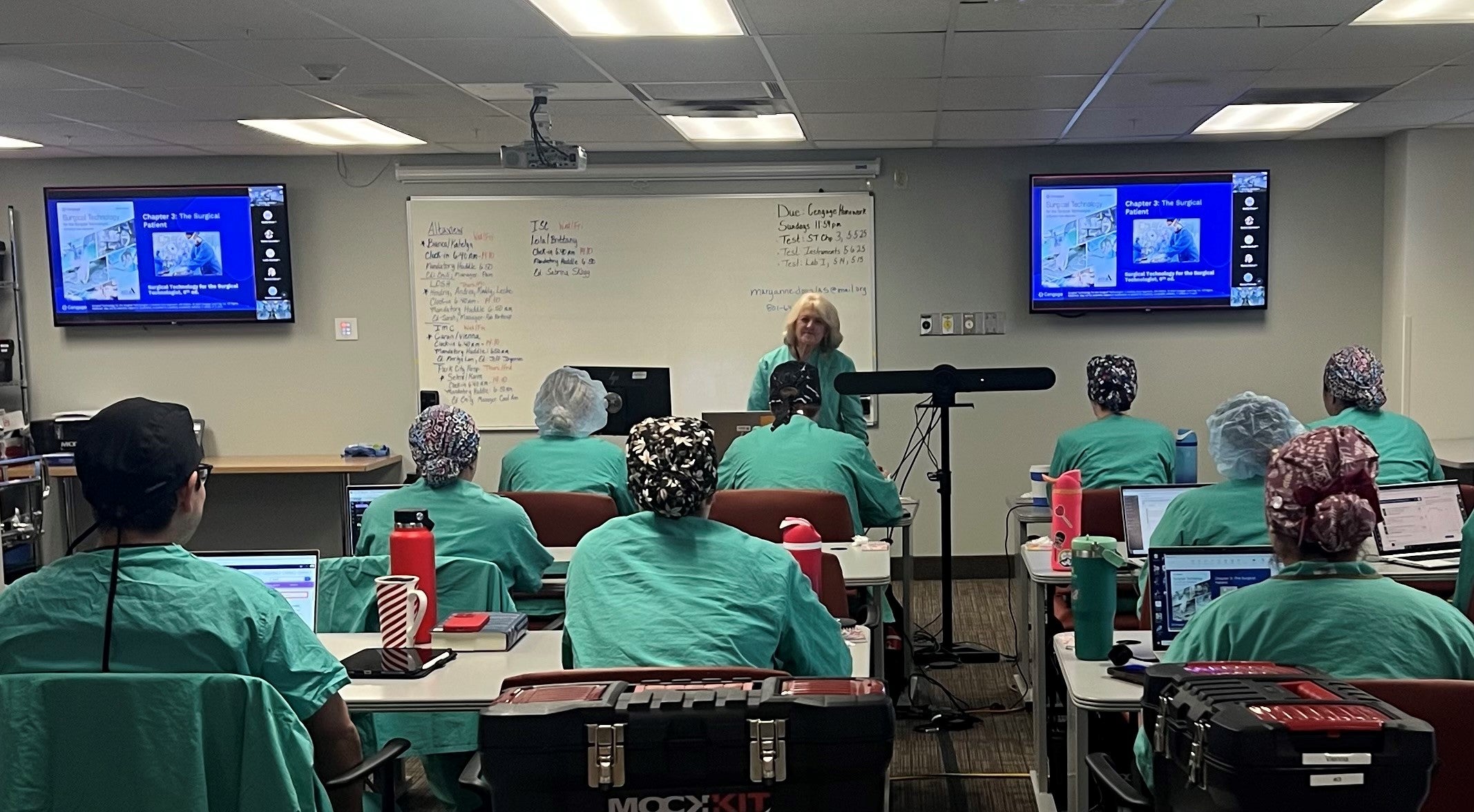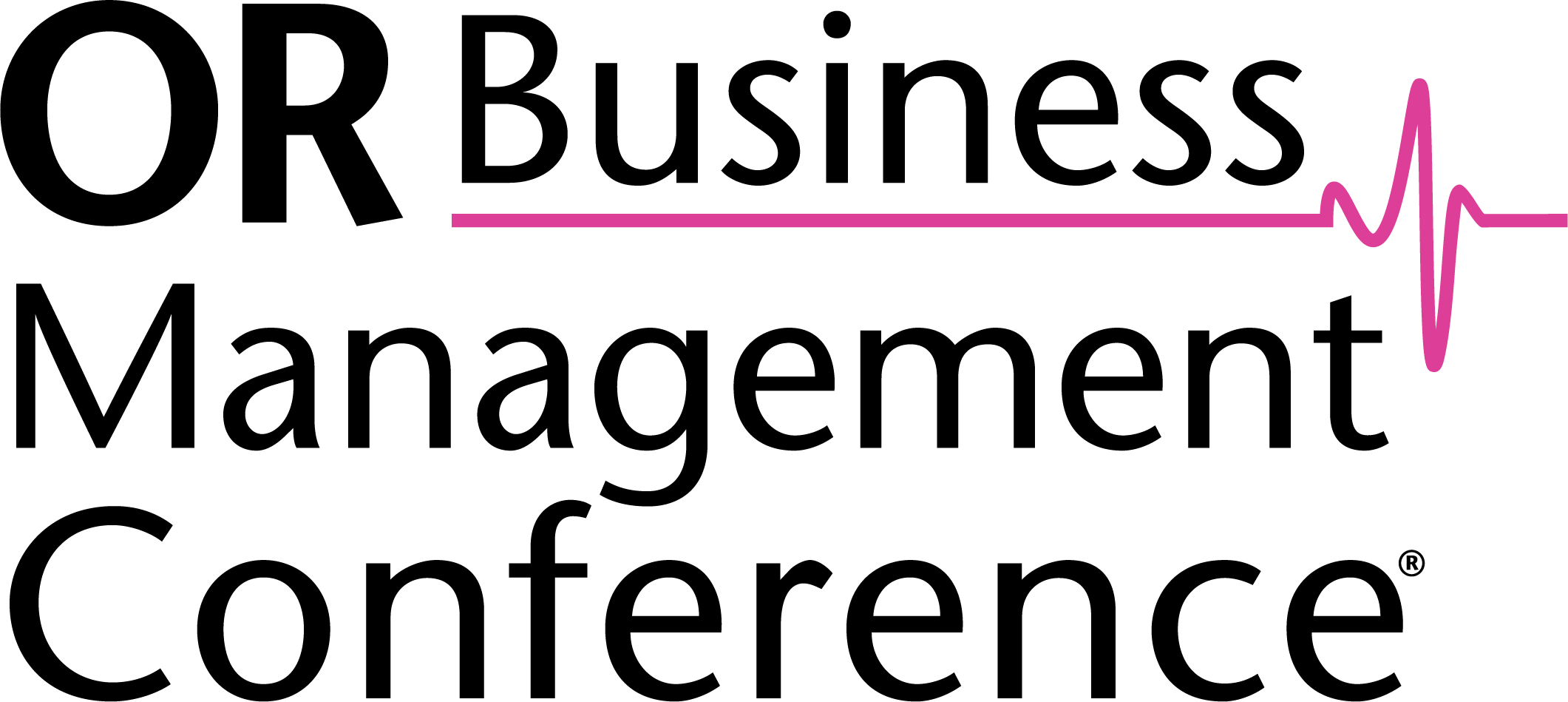Editor's Note Although financial challenges such as lower reimbursement and higher operational costs continue into 2026, opportunities on the horizon present new ways ASC business can evolve, according to a December 15 news story in Ambulatory Surgery Center News. One major opportunity highlighted is the shift of complex care moving…
Editor's Note The leadership mindset required in a rural surgical setting can provide skills to grow efficiency and case volume in all settings, according to insights from a chief nursing officer working at a regional heath hospital in the small city. He shared his insights in a November 12 blog…

Perioperative leaders face a workforce transition unlike any in recent memory. By 2030, all baby boomers will have reached retirement age, and many veteran perioperative nurses are already exiting, taking with them decades of institutional knowledge. At the same time, the expectations of today’s workforce have shifted, placing greater value…

When Phyllis Quinlan, PhD, RN, NPD‑BC, founded MFW Consultants in 1994, she was already on her third career pivot. The former social‑work intern turned emergency‑trauma nurse discovered that the high-stakes of the emergency department (ED), coupled with her human‑behavior insights from sociology and psychology degrees, gave her a rare vantage point on how…

Roughly 41,000 surgical procedures happen in the US every day. Each one depends on surgical technologists (STs), the professionals who prepare the OR, hand off instruments, and ensure a sterile environment to prevent infections that affect up to 3% of all patients. The profession’s importance is reflected in AORN’s recommended…

Perioperative leaders often have to make critical decisions, not just in the middle of an operational crisis but also somewhere in the edges—the routine but still high-stakes moments where leaders need to adjust resources or absorb costs under tight constraints. The economic margin for error continues to narrow, and many…

Reduced costs, faster recovery, and other advantages can make outpatient surgical procedures more convenient for providers and patients alike. Ambulatory surgery centers (ASCs) are incredibly safe, but a lot of work goes into infection control. Cross-trained staff often wear many hats, and limited budgets may not leave room for dedicated…

Editor's Note In this comprehensive session on nurse workforce management, The Valley Hospital speakers Jacqueline Gardocki, MBA, MSN, BSN, CNOR, CASC, nurse manager Luckow Pavilion same day services & pain management, and DeAnna Kearney, BSN, RN, CAPA, manager of endoscopy, highlighted the critical role of budgeting, staff tracking, cross-training, and…